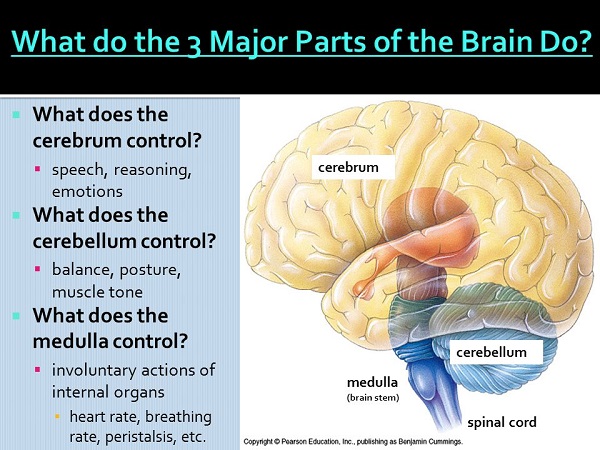In today’s fast-paced world, stress has become an almost unavoidable part of our lives. While we often associate stress with its impact on mental well-being, its effect on cognitive health remains an under-discussed concern. As a premier health magazine, we believe in shedding light on crucial health aspects that demand our attention. In this feature, we delve into the lesser-known realm of how stress affects cognitive health and what we can do to protect our brain’s resilience.
The Silent Saboteur: Unveiling Stress’s Impact on Cognitive Health
Stress, whether triggered by work pressure, personal challenges, or even global events, can wreak havoc on our cognitive function. Our brains are remarkably adaptable, but chronic stress can erode their resilience, leading to potential long-term consequences.
Uncommon Expert Opinion #1: Dr. Emily Chen, Neuroscientist and Stress Specialist, asserts, “Prolonged exposure to stress hormones like cortisol can negatively impact the brain’s prefrontal cortex, responsible for decision-making and problem-solving. It can also lead to hippocampal shrinkage, affecting memory formation and emotional regulation.”
The Stress-Cognition Connection: Key Statistics to Consider
- According to the World Health Organization (WHO), an estimated 75% of adults worldwide experience moderate to high-stress levels.
- A study published in the Journal of Neuroscience found that chronic stress can increase the risk of developing cognitive disorders, such as Alzheimer’s, by up to 40%.
- The American Institute of Stress highlights that work-related stress is the leading cause of chronic stress among adults, with more than 60% experiencing it regularly.
Case Study: Sarah’s Struggle with Stress-Induced Cognitive Issues
Meet Sarah, a successful marketing executive, who seemed to have it all under control. However, relentless work pressure and personal responsibilities left her feeling overwhelmed. Gradually, she noticed cognitive lapses, such as forgetting important meetings and struggling to focus during presentations. Concerned, Sarah sought medical advice and was diagnosed with stress-induced cognitive impairment. With the help of therapy, lifestyle adjustments, and mindfulness practices, Sarah successfully restored her cognitive abilities.
Expert Opinion #2: Dr. Michael Alvarez, Psychiatrist
“Sarah’s case highlights how chronic stress can impact high-functioning individuals. It’s vital for people to recognize the early signs of cognitive issues and seek appropriate help.”
Protecting Your Brain: Tips to Build Cognitive Resilience
- Regular Exercise: Engaging in physical activity stimulates the brain, promoting neural growth and reducing stress hormones.
- Mindfulness Practices: Meditation, deep breathing, and yoga can help manage stress and enhance cognitive function.
- Social Connection: Maintaining strong social ties can offer emotional support and buffer the brain against stress.
- Healthy Diet: A balanced diet rich in antioxidants and omega-3 fatty acids can protect brain cells from oxidative stress.
Frequently Asked Questions (FAQs)
Q1: Can short-term stress have any positive effects on cognitive health?
A1: Yes, short bursts of stress can trigger the release of hormones that improve memory and focus. However, chronic stress remains detrimental to cognitive health.
Q2: Are some individuals more resilient to stress’s cognitive impact?
A2: Yes, factors like genetics, lifestyle choices, and early-life experiences can influence an individual’s cognitive resilience to stress.
Q3: Can stress management techniques reverse cognitive impairment?
A3: Yes, early intervention with stress management strategies, therapy, and lifestyle changes can improve cognitive function in many cases.
Future Predictions: The Road Ahead
As we forge ahead in a digitally connected yet demanding world, stress will continue to be a significant health challenge. However, advances in neuroscience and personalized medicine hold promise for tailored stress-management approaches. Additionally, workplaces and educational institutions are likely to adopt more supportive environments that prioritize mental health, ultimately safeguarding cognitive well-being.
In conclusion, stress’s impact on cognitive health is a matter deserving our attention. By understanding the intricate link between stress and the brain, along with implementing stress-reduction strategies, we can empower ourselves to protect our cognitive abilities and lead healthier, more fulfilling lives.
Remember, your brain is a remarkable organ—nurture it, and it will thrive!
Disclaimer: The information provided in this article is for educational and informational purposes only. Consult a qualified healthcare professional for personalized advice and treatment.

